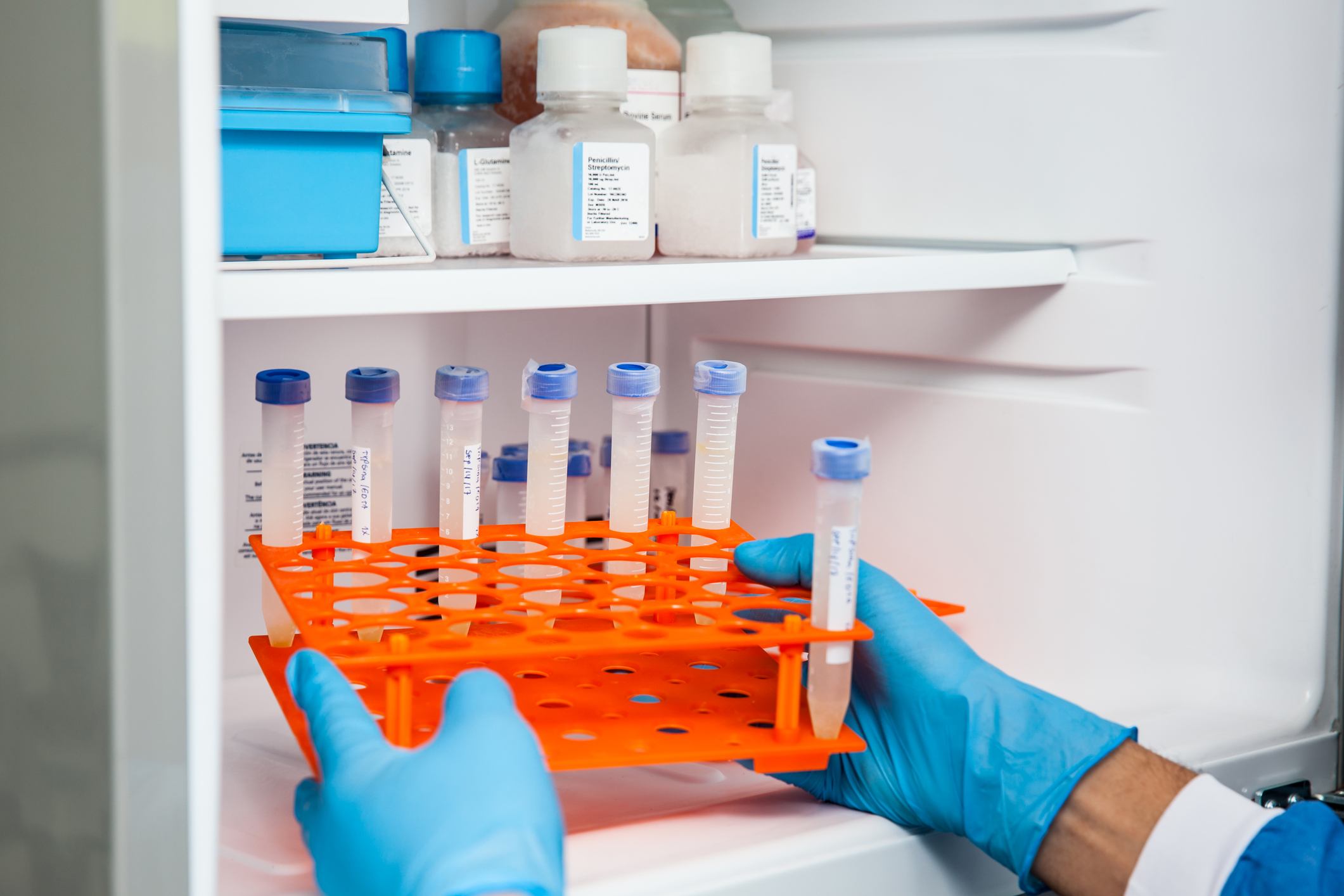Egg Freezing vs. Embryo Freezing

If you are considering IVF, you will have a variety of options available. The way in which you choose to proceed may determine your chances of success, as well as the procedures required to complete your treatment. In cases where you aren't ready to attempt pregnancy immediately, or if you have extra eggs you want to save, you may consider egg freezing or embryo freezing. Each of these options offers different advantages.
IVF Basics
IVF is a procedure that works by combining an egg and sperm in the laboratory, allowing the embryo to develop for a few days, and then placing it inside the mother's uterus. IVF can be performed with an embryo formed from a fresh egg, an embryo formed from a frozen egg, or an embryo that was frozen after being formed.
Egg Freezing vs Embryo Freezing
If you opt to have your eggs frozen, you will undergo an egg retrieval procedure. The resulting eggs will be frozen for you to use at a later date. If you opt for embryo freezing, on the other hand, the process will involve additional steps. As with egg freezing, you will undergo an egg retrieval procedure. However, the eggs retrieved will be joined with sperm from your partner or a donor. The resulting embryos will then be frozen.
Embryo freezing is typically more expensive than egg freezing. However, the average pregnancy rate for IVF using frozen embryos is higher than the average pregnancy rate for procedures involving frozen eggs. Nonetheless, both of these options can lead to a successful IVF procedure.
If you are interested in egg freezing or embryo freezing, talking to an experienced fertility specialist is the best way to determine which option is best for you. Please contact New York Reproductive Wellness to make an appointment.







